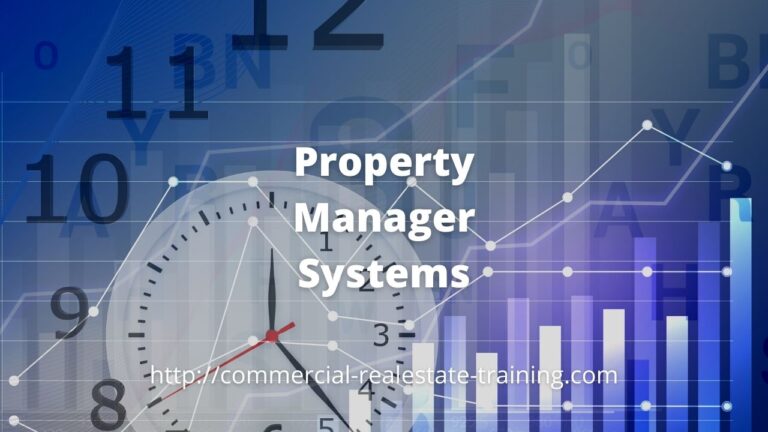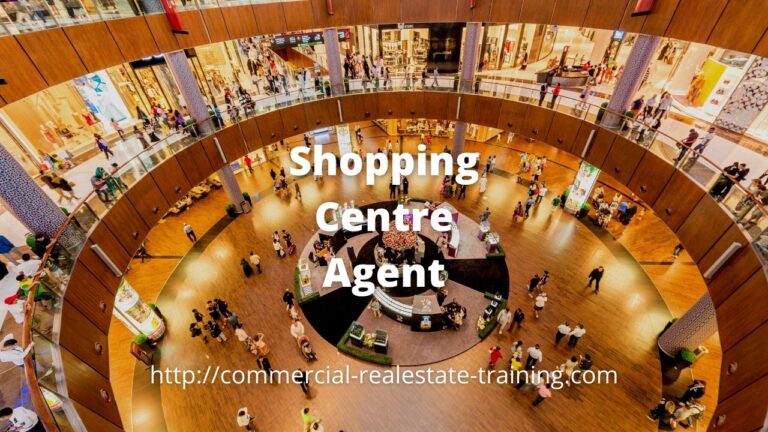Specific Methods of Managing Retail Shopping Centers Successfully
A shopping center can be a very complex type of investment property. That is due to the depth and variety of the tenant mix, and the variations of cash flow that usually occur across the rental income and expenditure stream. A good property manager in a retail property really does need to understand everything that is happening in the property at all times. In large shopping centres it is not unusual to have a team of people involved in managing the property to cover all of the active issues.
Shopping Center Management Strategies
Here are some ideas to help you establish a solid and professional retail property management system for a shopping center:
- Leases – The occupancy in the property will be detailed in an assortment of leases reflecting the legal relationships between the tenants and the landlord. It is very likely that those leases are different in many respects, so it is necessary to do a complete lease review and audit when you take on a new shopping center to manage. Understand how each lease works and focus particularly on critical date matters such as rent reviews, options, rental recoveries, outgoings, and lease expiry dates.
- Tenant mix – The tenant mix will make or break the income and market rental for a property. The right tenants positioned in the best locations will attract more customers and that then helps sales and retail turnover. It directly follows that you should choose your tenants well with a priority on placement within the property, and retail merchandise offered. Quality and relevance will help you with your tenant mix.
- Landlord targets – Every landlord will have priorities on how the property should be run. That focus will usually center on property values, rental income, risk controls, and investment returns. To support that focus you will need a budget for the property that takes into account all factors of income and expenditure including capital items.
- Customers – Understand the typical customer that visits your property. When do they shop and how frequently to they visit your shopping center? What are they looking for when they visit your property? How much do they spend?
- Competing Shopping Centers – How many competing retail properties are in the retail catchment? Do they take some business from you now, and if so how and when? Review all competing properties regularly to see if they are changing lettable area, tenant mix, marketing, or property design. In many retail properties today, it is common for renovation and refurbishments to change customer sentiment and subsequently the levels of sales. Don’t get left behind in property performance by overlooking what your competitors are doing.
- Market Rental – How does your market rental compare to other similar properties? If your property is well located and the tenant mix is well balanced, you have a reasonable chance of boosting market rental through lease rent reviews. Track the levels of market rental as they will have an impact on your property values. Within the category of rental you will have calculations to undertake so you know your net rents, gross rents, incentives, and outgoings or occupancy costs.
- Vacancy Factors – Most retail properties and shopping centers will have a few vacancy issues to handle during the year. Leases will come to an end and new tenants will be required. To lower your vacancy factor you should have a tenant retention plan active as part of the property business plan. You should also be marketing continually for the best tenants to suit your known and upcoming vacancies.
- Maintenance – Talk with your property maintenance team or contractors regularly and at least monthly so you can identify where any challenges may develop with property performance, plant and machinery and operational costs. The maintenance budget for the property should be merged into the property business plan. In doing that, make sure you have identified major ‘capital items’ that could impact the net income to the landlord during the year.
- Safety and compliance – Every retail property will have its challenges with tenant and customer safety. It is wise to have a process of audit undertaken in the property regularly to find issues of safety and concern. Ideally that audit should be undertaken by risk managers and specialists who can advise on issues and remediation.
You can add to this list based on property type and location. A successful shopping center is well planned and optimized in so many different ways.






